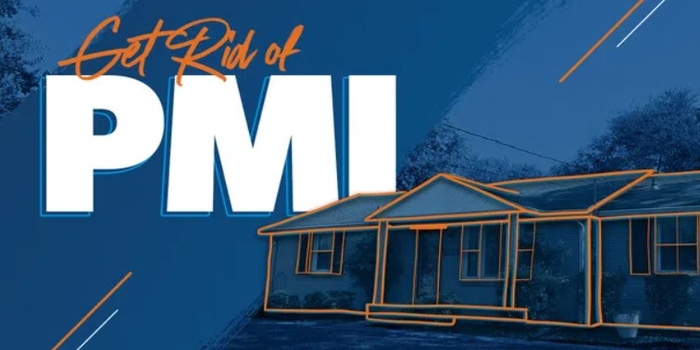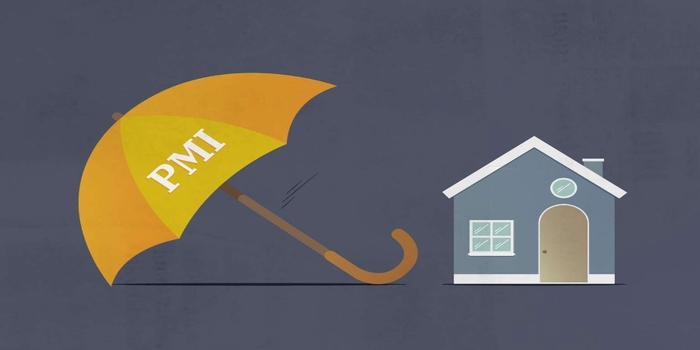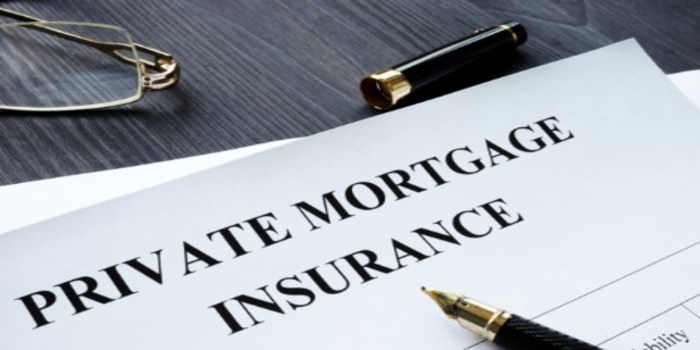Say Goodbye To Private Mortgage Insurance: A Comprehensive Guide
Jan 26, 2024 By Triston Martin
Private mortgage insurance is a financial security that lenders require when a homebuyer makes down payment on a traditional mortgage that is less than 20%. PMI is designed to protect lenders in the event that a borrower defaults on their mortgage, as a lower down payment increases their risk. PMI does allow borrowers to qualify for a lower down payment, but it does come with an additional cost to the monthly mortgage payment.
The value of PMI can have a significant impact on a borrower’s total housing expenses. Because of this, many buyers try to avoid paying PMI, as the additional cost, even if it’s small, could be used to pay for principal or other investments. There are many ways that you can adopt to avoid PMI, for instance, refinancing your mortgage, acquiring a new appraisal, or investing in your house.
This article will provide a detailed overview of how to get rid of Private Mortgage Insurance.
Effective Tips To Avoid Private Mortgage Insurance

Private Mortgage Insurance is a fee added to your home loan if you paid less than 20% of the down payment. PMI varies depending on your down payment, but it can cost you between 0.19% and 1.86% per year. According to Freddie Mac, the typical PMI payment ranges between 30 USD and 70 USD for every one lakh dollars of monthly income.
The PMI period can vary, but generally you’ll have to maintain it until you hit a certain loan-to-value or until you’ve paid down enough of your mortgage to get rid of the PMI requirement. Most lenders let you apply for PMI cancellation as soon as your LTV drops to 80% or below.
Borrowers can also request early cancellation if their home’s value goes up because of market value upgrades or improvements to their home. You'll most likely have to pay for an in-person home valuation to confirm the new market price, but this can be worth the expense to avoid additional PMI costs.
If you are looking for ways to avoid PMI, keep reading to find out!
Investing in High Valued Property
If your home’s value has increased to a point where your LTV drops below 80%, some banks will let you file a PMI application. In this case, however, the bank will likely require a professional valuation to be included in the application, which the borrower is responsible for paying.
Also, remember that real estate appraisals may not increase significantly in a short time; the primary way this can be accomplished is if you still make a substantial down payment.
Refinancing Your Mortgage
In the current state of the real estate market, home values are skyrocketing. In this situation, you may have enough equity to qualify for a mortgage or a home equity line of credit. You may also want to refinance your FHA mortgage to a conventional mortgage, which eliminates your mortgage-to-income ratio (MIP). You may also want to combine your other high-interest debt with your new home loan.
You can also refinance to a loan that has a higher percentage of equity, which can also help you get rid of the PMI. For example, if you are financed with 5% down, you can refinance when you reach 20% equity and get rid of your PMI.
Home Renovation

Some people might think it is unwise to invest in your home just to avoid paying PMI, but, to your surprise, the investments you’ve made in your home may be a way to get rid of private mortgage insurance. Adding amenities or modernizing your home may have contributed to the increase in value, which may also have contributed to a rise in equity.
You can improve your home by remodeling your kitchen, adding new windows and doors, or an additional bathroom, which can increase the value of your home. These renovations can help you move closer to the 20 percent home equity finish line.
Acquire a New Appraisal
Your home’s value may have increased as a result of rising home prices or as a result of improvements such as kitchen remodeling or bathroom remodeling. In either case, it is wise to check with your lender to see if there are any rules or requirements they need to follow before scheduling your appraisal.
In a booming market, your equity could be as high as 20 percent ahead of your loan payment schedule simply because of price increment. In that case, it may be worth it to pay for a new valuation. If you have owned your home for at least five years and your loan balance does not exceed 80 percent of your new valuation, you may request PMI cancellation.
For homeowners who have owned their home for at least two years, their remaining mortgage balance must not exceed 75 percent.
Maintain Good LTV

If your new home has an LTV of 80, your down payment would have to be at least one-fifth of the home’s purchase price. For instance, your new home would have an LTV of $180,000, and your down payment would need to be at least 36,000. While this is the easiest way to prevent PMI, it’s important to note that down payment of this size might not be possible.
Final Thoughts
Getting rid of private mortgage insurance could be challenging sometimes but it is not unavoidable. You need to make some wise decisions, like investing in your house, making an extra down payment, refinancing your home, or maintaining a good LTV ratio to avoid PMI.
After learning these tips, you won't have to worry about how to get rid of Private Mortgage insurance. But remember, it is always a good choice to consult with your lender. This way, you can save your hard-earned money and invest it in something more valuable.








